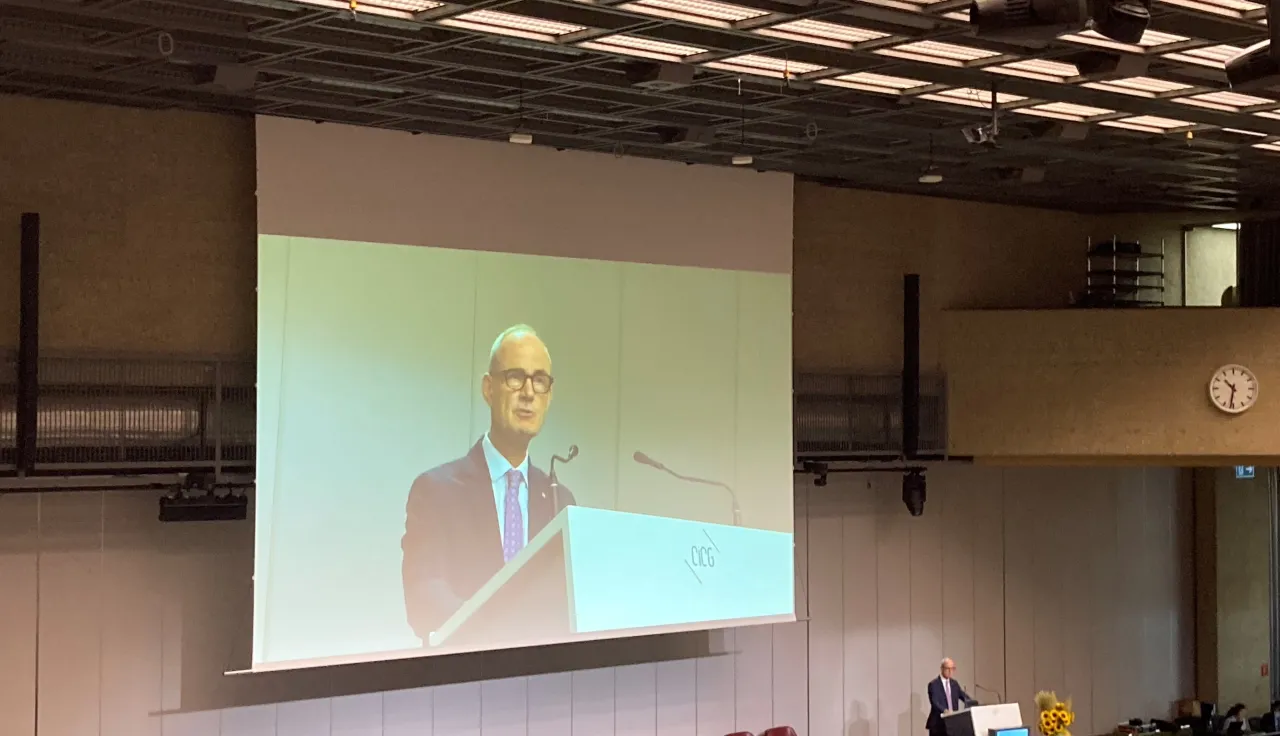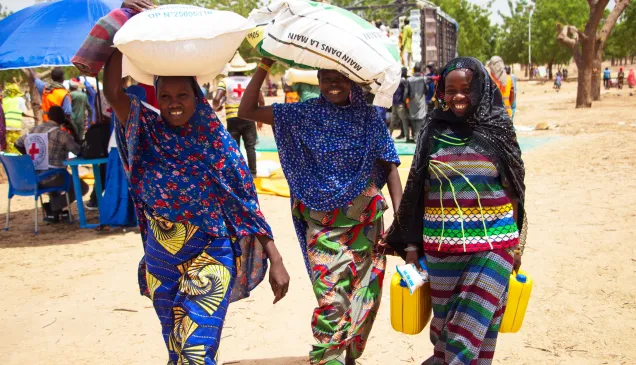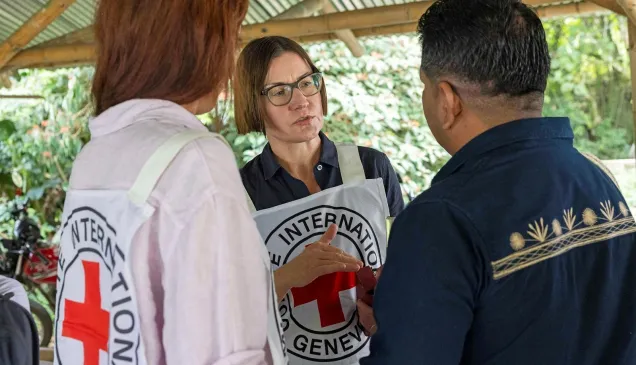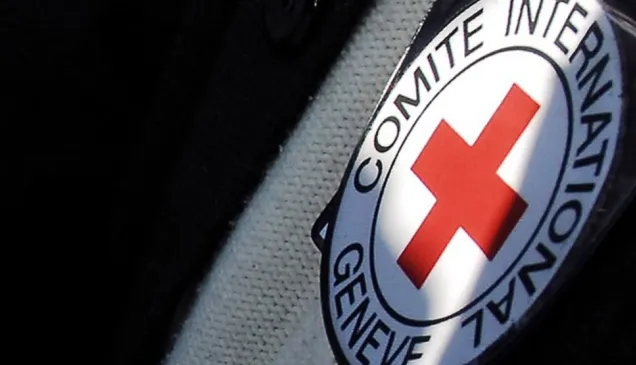Madame President,
Excellencies, Ladies and Gentlemen,
This year marks the tenth anniversary of the Arms Trade Treaty (ATT). When the ATT was adopted by the UN General Assembly in 2013, the then ICRC President noted that it was an historic moment; a worthy response to the widespread human suffering resulting from the unregulated availability of weapons.
This comment remains just as valid today. Membership has grown each year, now standing at 113 states parties, with Andorra, Gabon and the Philippines joining most recently. We commend all member states for taking this concrete step towards reducing the human cost of irresponsible arms transfers.
Today, over 40 per cent of global exports of major conventional arms are subject to the ATT. I am confident that investment of state parties in strengthening national control systems, in investing in international cooperation, and in advocating for all states to join the treaty, will continue to pay off in the coming years.
However, the reality today is that our ICRC colleagues in the field still bear witness, on a daily basis, to the immense suffering caused by armed violence and conflict, fuelled by insufficient controls over trade in weapons and ammunition. Violations of international humanitarian law and human rights continue to be facilitated by easy access to arms, often hindering post-conflict reconciliation and effective recovery.
In April this year intense fighting broke out in Khartoum, quickly spreading to other areas in Sudan. Conflict in the country has long been characterised by the proliferation of small arms and military-grade weapons. This latest flare up is no different.
In Yemen, despite the recent steps taken by parties to ease tensions, the easy availability of arms, and the resulting widespread weapon contamination, continue to have devastatingconsequences for the civilian population.
In Haiti, the ICRC is particularly concerned by the impact of the widespread availability of small arms, ammunition, and heavy weaponry, resulting in exponential risks for the Haitian population.
And in the international armed conflict between the Russian Federation and Ukraine, we have witnessed massive arms transfers. Action now, to effectively track these transferred weapons and ammunition and to monitor their end-use, is critical to preventing further human suffering in the future.
The ICRC is present in all of these countries. In line with our mandate, we do all that we can to protect and assist the people affected by war and violence, and to promote international humanitarian law. But it is first and foremost for the parties to an armed conflict to abide by humanitarian law. And states supplying arms to those parties have obligations as well, including doing everything in their power to influence the recipient's behaviour to prevent IHL violations.
The ATT reflects this, in its principles and in its transfer criteria. It complements the obligation in Article 1 Common to the Geneva Conventions, which binds all states, to respect and ensure respect for IHL in all circumstances.
The wording, 'in all circumstances', is extremely important. Respect for IHL must be factored into arms transfer decision-making, at every level. It should not be trumped by economic considerations, or whether or not a party is considered to be an ally.
Speaking of economic considerations, Madame President, we welcome the theme you have selected for this conference cycle, looking at the role played by industry in responsible international arms transfers.
This theme is dear to my heart; as a trade economist, I spent years working on the relationship between the business and humanitarian worlds, and advised the ICRC back in 1999 when the institution adopted an engagement strategy with the private sector.We realised then - and it remains just as true today – that many industries can exert significant direct or indirect influence on armed conflicts.This obviously holds for the arms trade industry. Arms, ammunition and parts are instrumental in the conduct of armed conflict, and consequently in the commission or facilitation of IHL and human rights violations. Thus, we see a key role for business in helping to reduce the suffering related to widespread availability and diversion of arms. We also note that IHL can have implications for the actions of non-state actors including companies.
States, as part of their obligation to ensure respect for IHL, must also work to raise awareness among business entities of relevant requirements under IHL, as well as other applicable law and standards, including national arms transfer laws, regulations and policies. States parties to the ATT must also ensure faithful implementation the Treaty, including effective enforcement mechanisms. The ICRC looks forward to continuing to support States Parties in this important work.
Ultimately, the positive impact of the ATT in peoples' daily lives – reducing and preventing suffering - relies on the treaty being applied in good faith, in accordance with its humanitarian purpose. Together with states and other stakeholders, the ICRC remains fully committed to working for the universal adoption of the ATT and its faithful implementation.
Thank you, and I wish you a successful Conference.




